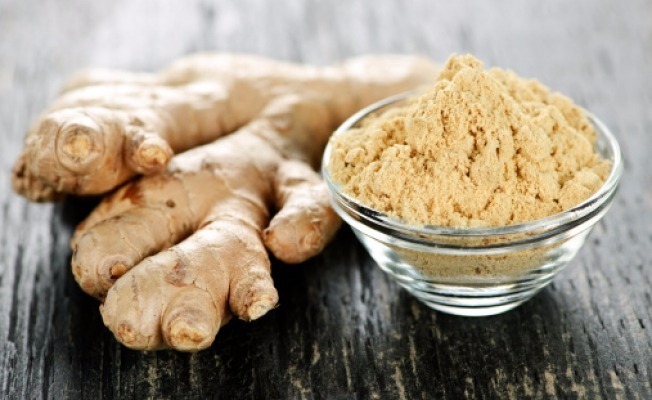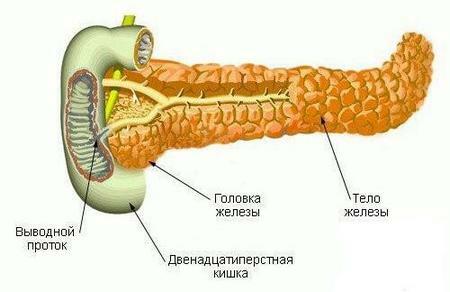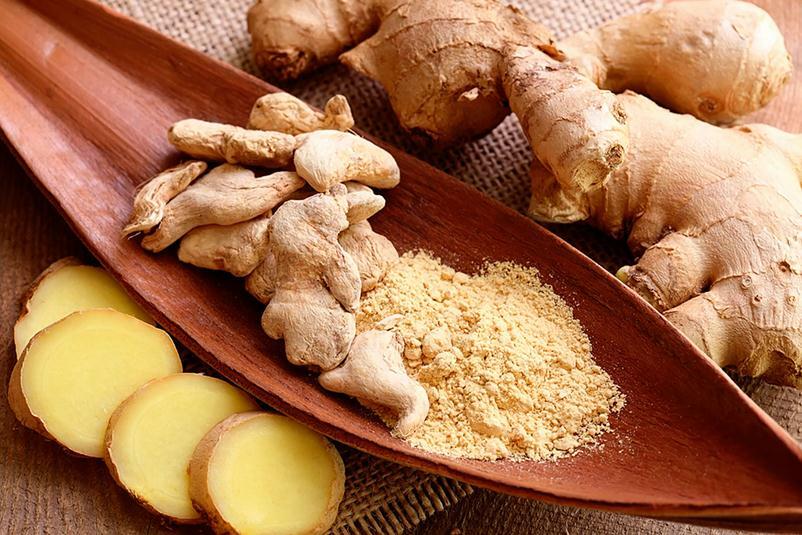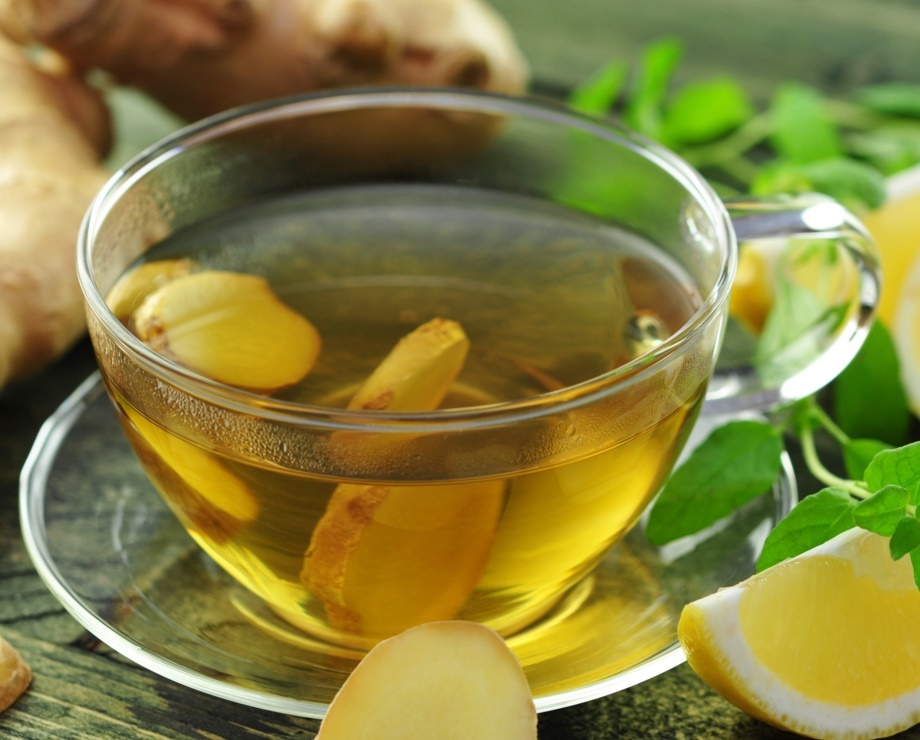Ginger is a popular spice spice, widely used in the culinary arts of different countries and giving the dishes an original pungent taste and aroma. A powder is prepared from the dried root of ginger, which is added as a seasoning to dishes from meat, fish, cereals, bakery and confectionery, soups. Fresh root is added to teas and various drinks. Ginger has medicinal properties, improves digestion, increases immunity, stimulates blood circulation, has an anti-inflammatory and antiseptic effect, so eating products with it is not only delicious, but also useful. However, there are a number of diseases in which it is strictly contraindicated. For example, ginger with pancreatitis, hyperacid gastritis, ulcer and cholelithiasis can cause very serious harm to the body.

Pancreas functions and pancreatitis
The pancreas, whose inflammation is called pancreatitis, is an important organ of the digestive system. It performs the following functions:
- synthesizes and releases into the duodenum the enzymes necessary for digestion of fatty, protein and carbohydrate foods( trypsin, chymotrypsin, amylase, pancreatic lipase, etc.);
- neutralizes the acidic level of pH coming from the stomach into the small intestine of the contents due to the presence of bicarbonate ions in its secretion;
- secretes hormones glucagon and insulin, which, working on the principle of feedback, are responsible for regulating carbohydrate metabolism and maintaining normal blood glucose levels.

In pancreatitis, pancreatic function is disrupted, in particular, the release to the duodenum of pancreatic juice is stopped or significantly reduced. The enzymes contained in it pass into the active form right inside the gland and start destroying its tissues. The products and toxins released as a result of such self-digestion can get into the systemic bloodstream and cause damage to vital organs - the brain, lungs, heart, kidneys and liver.
Types of pancreatitis
By nature of the course of pancreatitis is acute and chronic. In acute form, pathological processes in the pancreas develop extremely rapidly, there is a sudden intense pain in the upper abdomen and severe vomiting with bile impurities.
Treatment is carried out in a hospital environment under strict medical supervision. The use of any folk remedies and self-medication in this case is not permissible. With timely access to a doctor and adequate therapy, the functions of the pancreas are completely restored.
Important: In acute pancreatitis and exacerbation of chronic as a first aid, you need to attach a hot water bottle to the sore spot. Do not drink water, eat or take any medicine before the doctor comes.
Chronic pancreatitis, unlike an acute one, is a long-term progressive disease, the course of which consists of periods of remission and exacerbations. Exacerbation is characterized by acute necrotizing inflammatory process in the organ, in which its functional tissue is replaced by a connective. With frequent exacerbations, the pancreatic insufficiency gradually develops.
Ginger in inflammation of the pancreas
An essential element of treatment, in both acute and chronic pancreatitis, is a diet that completely excludes substances that irritate the intestinal mucosa, especially spices and seasonings, which include ginger.
Ginger has a burning and sweet-hot taste, which causes irritation of the gastrointestinal mucosa. Means from the root of the plant, due to the content of essential oils and gingerol in it, increase appetite and improve digestion processes by stimulating the secretory activity of the digestive glands( stomach, pancreas and liver).In some sources, you can find recommendations on their use in inflammation of the pancreas as a means of anti-inflammatory, antispasmodic and soothing effect, which raises the question of whether it is really possible to consume ginger in pancreatitis?

Official medicine is categorically against such treatment. This is due to the fact that in pancreatitis there is swelling of the pancreatic ducts, making it difficult to get pancreatic juice secreted into the duodenum. As a result, the enzymes contained in this juice are activated in the gland itself and begin to split the surrounding tissues. Strengthening the secretory activity of the pancreas against the background of ginger intake will lead to even more enzyme production and an even more significant organ damage. Ginger ingestion in a dry, marinated or fresh form in the form of tea, decoction or infusion in chronic pancreatitis can aggravate the course of the disease and result in exacerbation accompanied by a severe attack of pain, swelling and necrosis of the pancreas. For this reason, the answer to the question whether ginger can be given pancreatitis or not will be unambiguously negative.

Tip: People suffering from chronic pancreatitis and other gastrointestinal diseases should be cautious in cafes and restaurants. Today ginger as a spice, giving the original taste, is added to a lot of meat and fish dishes, side dishes, desserts and drinks, not always indicating it in the menu.
Methods of application
Folk remedies based on ginger root in pancreatitis can be used only externally for the treatment of other related diseases. In case of problems with the locomotor apparatus, lotions and warming compresses are applied to the affected sites, which have an anti-inflammatory and analgesic effect. With toothache, bad breath, inflammatory processes in the mouth and throat, decoctions and ginger infusions are used for rinses. When you cough with a crushed root of the plant or its essential oil, you can do steam inhalation.
